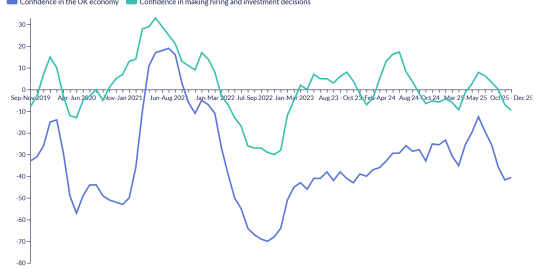According to the results of a study by workplace psychologists OPP, more than a quarter (28%) of healthcare workers feel their managers donít understand their skills, preferences and motivations. The findings come at a time when the healthcare sector is under increasing pressure to unlock the potential of its workforce.
Itís an issue which is striking the sector more acutely than others. For example, only 17% of workers in the professional services sector believe that their boss doesnít know them well enough. This is also the case for several other industries including IT and telecoms (19%), sales and marketing (18%) and leisure and retail (17%).
More significantly, healthcare managers are oblivious to this disconnection from their employees. A confident 98% responded that they knew their people well, in stark contrast to the sentiments of the people who report to them.
These figures are all the more intriguing in the light of the Macleod Review which recently applauded the NHS on its approach to employee engagement. It appears that the efforts to better engage NHS professionals are yet to trickle down to those working on the frontline.
Our findings also revealed a fundamental flaw in the way managers make decisions about their people. Almost seven in ten (66%) said they would change past decisions if they had the chance. Worryingly, 42% said gut instinct was one of the most important factors in people decisions, with only 5% using more accurate measures such as psychometric testing.
Robert McHenry, CEO at OPP comments: ìFor a long time itís been almost impossible to open a newspaper without reading about job and budget cuts within the healthcare sector.
ìWhat our findings reveal is a frightening waste of healthcare professionals that lack any real connection with their manager. Valuable insights, expertise and abilities are being completely ignored, wasting the potential of a huge number of people.
ìThe most worrying aspect is that managers are completely ignorant of the situation. Thereís a massive misconception that they know all there is to know about their employees and are able to easily discern how best to deploy their talents. The fact that so many managers would change previous decisions shows this to be a fallacy.
ìThere is not enough objectivity and care taken to truly get to know employees in healthcare – the result is a culture of decisions based on subjective information and inconsistent criteria. At best, it will mean missed opportunities. At worst, it will mean costly wrong decisions.
ìItís important to acknowledge the problem which is why we welcome the recommendations made in the Macleod Review. Once managers are faced with the facts, there is plenty that can be done to understand and unlock the potential of people. That neednít mean costly workshops or lengthy training sessions – it could mean using psychometric tests that cost as little as 20.
ìGet it right at the point of hiring or promoting someone, in particular, and you stand a much greater chance of getting it right down the line. Understanding what drives your people and where their strengths and talents lie will prove invaluable in making the most of healthcare teams, especially as resources become tighter.
Health sector managers are disconnected from their people

Sector suffering from poor people knowledge




